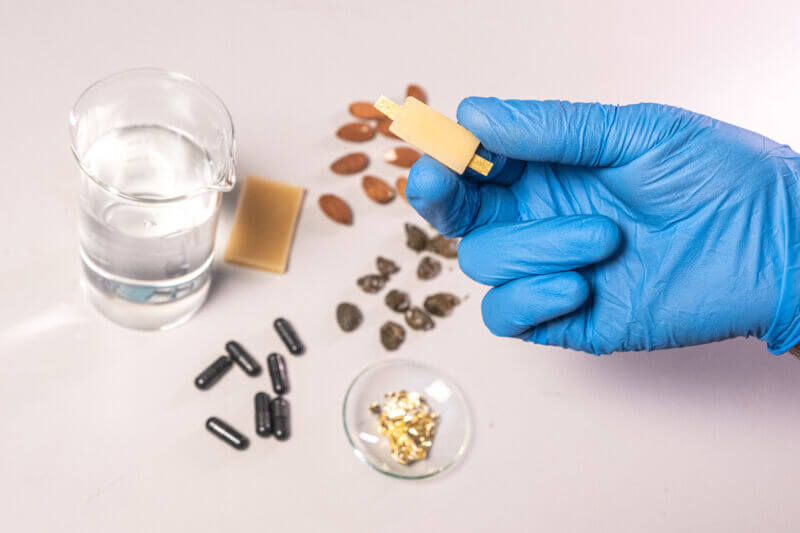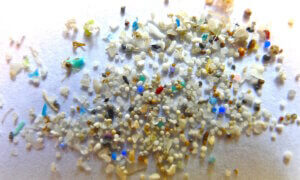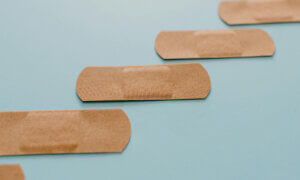The solution to the problem of toxic batteries polluting the environment? A team of scientists at the Italian Institute of Technology in Milan unveiled an incredible breakthrough: a fully edible battery, entirely made of food-grade ingredients.
The fully edible battery not only sounds like an incredibly sustainable alternative to lithium batteries, it also sounds delicious.
An ArsTechnica report on the research reveals what goes into an food-based battery, and all of those ingredients are hip items in the culinary world:
Quercetin, a pigment found in almonds and capers, serves as the battery cathode, whereas riboflavin (vitamin B2) makes up the battery anode.
The researchers used nori (edible seaweed that is used in the wrapping of sushi rolls) as the separator and a water-based solution (aqueous NaHSO4) as the electrolyte.
Activated charcoal is employed to achieve high electrical conductivity in the battery.
The battery electrodes come covered in beeswax and connect to a gold foil (used to cover pastries) that laminates a supporting structure made of ethyl cellulose.
The first edible battery researchers created can supply 48 microamperes of current for about 10 minutes, which means it could power a small LED or a medical device.
What do the scientists envision as a first applicatioN?
The edible battery would be a perfect fit for children’s toys and pet toys, where the risk of ingestion is very high.
“These batteries are no competition to ordinary batteries—they will not power electric cars—but they are meant to power edible electronics and maybe some other niche applications, so their main advantage is non-toxicity,” said Ivan K. Ilic, first author of the study.
“The presented proof-of-concept will open the doors to new edible electronic applications, enabling safer and easier medical diagnostics, treatments, and unexplored ways to monitor food quality,” explains the study intro, which you can read here.
Also read: To Help Combat Climate Change, Unilever Is Making Ice Cream That Doesn’t Melt At Higher Temps
Follow TechTheLead on Google News to get the news first.



















